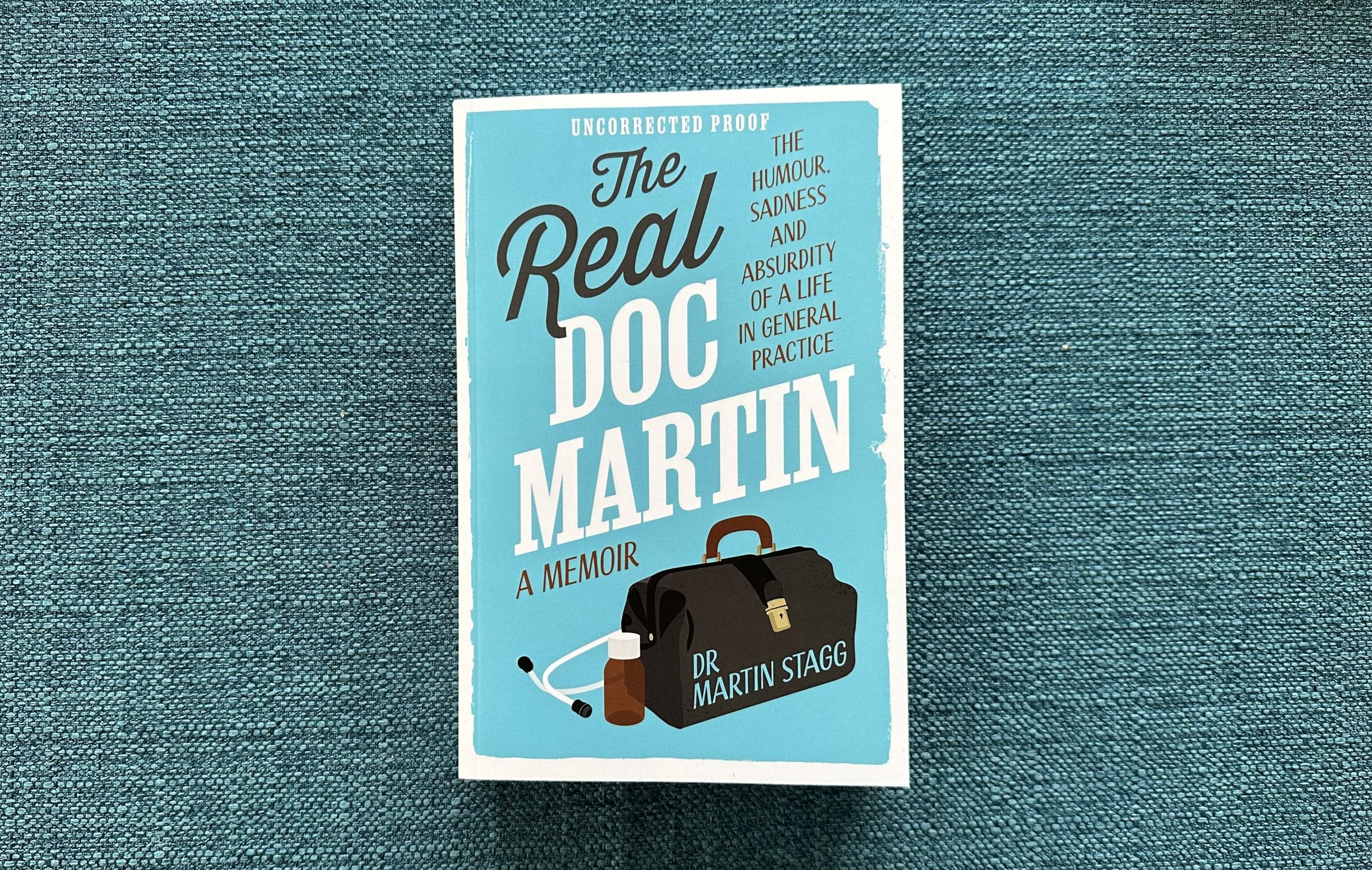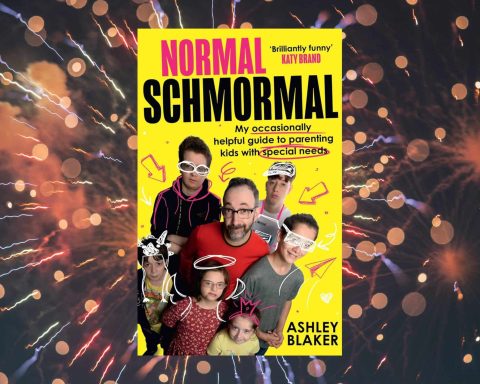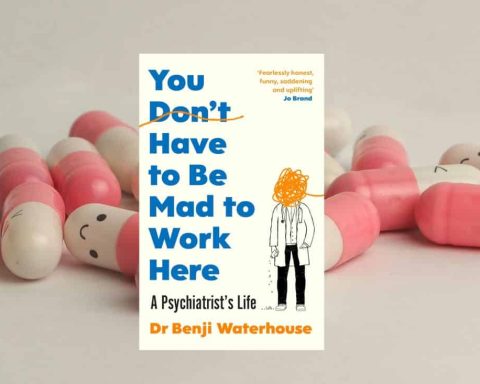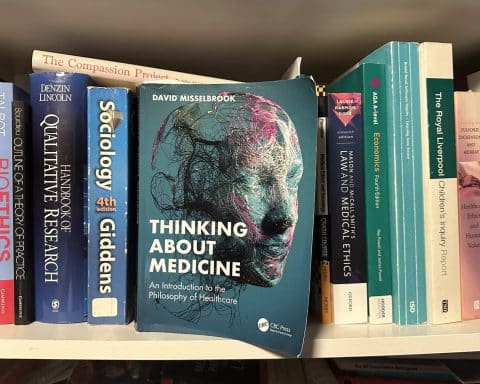Andrew Papanikitas is Deputy Editor of the BJGP and a GP in Oxford. He is on X: @gentlemedic
In many respects, ‘The real Doc Martin’ does deserve to be read. It offers a collection of anecdotes that chronicle a life in medicine. The storied life-course of the ‘real’ Doc Martin begins in a gruesome account of secondary school and ends in general practice. It offers a refreshing, thought-provoking authenticity. The titular Martin Stagg has a fondness for the practice and patients that shines through. He also wants to teach us what things mean so we are left informed as well as entertained. Aspiring sixth formers and medical students might get sample of the range of experience that a life in general practice has to offer. General practitioners will recognise and identify with many of Martin Stagg’s experiences and reflections on them. The invitation into his medical life-world may also help many to understand that ‘their GP’ is a fellow human being. It is sobering to think how much has changed in medical life since the 1980s for better or for worse. The final chapters chronicle the arrival of COVID, just as Martin Stagg contemplated retirement.
The invitation into his medical life-world may also help many to understand that ‘their GP’ is a fellow human being.
So the first thing that jars with me slightly is the comparison to a fictional television GP. Other than the author’s given name and his adoption of the phrase, ‘Stop talking…’ I can find no immediate connection between the two. Picking up the book, I first wondered whether the author had a hand in writing TV’s ‘Doc Martin‘ or served as the inspiration somehow. I did some googling and found out that the Doc Martin character emerged instead from a British film entitled, Saving Grace. The connection between the Martins comes a few pages in, in a chapter where the author reflects on patients asking if he had anything to do with the TV character… or boots (DMs). To be honest, ‘Adam Kay ruined my life,’ (his mooted alternative) would not have been better. A title emerging from patient banter makes sense, though at first glance it feels like an attempt to piggy back on celebrity. It’s a catchy title I guess and there is authenticity a-plenty. I don’t think it needed the TV GP, though others may well disagree.
The second key area that leaves me scratching my head was a question over consent and confidentiality. To be honest, this is the key issue I have with the memoir as a popular genre of writing. The more interesting, out of the ordinary or extreme a situation arising in the consultation room, one might suppose, the less likely it is that people would like the story broadcast. This cannot be assumed however and in this age of social media exhibitionism, someone might very well be keen to have their story shared with the world. Whilst the anecdotes are fond or kind, they contain a large amount of personal information without any obvious screen of anonymity or statement about patient consent to share. A chapter on consent does not touch on this and the acknowledgment at the end thanks patients for sharing their stories without being clear how, when, and to what purpose these stories were shared. Patients are referred to by given name and I’d like to presume that these have been changed, though nothing I read in the text confirmed this either way. Presuming that Martin Stagg is not a pseudonym (which would defeat the purpose of the title), the very fact of having consulted him for the situations and conditions chronicled here is a way of re-identification for patients or their families.
Whilst the anecdotes are fond or kind, they contain a large amount of personal information without any obvious screen of anonymity or statement about patient consent to share.
Anonymity is not the same thing as confidentiality. Other authors showcase best practice here. Rachel Clarke (Your life in my hands) and Peter Dorward (The Human Kind) sought explicit consent to share patient narratives. In ‘The appointment,’ Graham Easton both sought consent and used fictional cases based on ‘composite’ cases. So how do celebrities, politicians and key public figures in the world get away with it? Journalists appeal to public interest overriding privacy. Sometimes the people and events are already in the public domain, sometimes care is taken to disguise or seek consent from key characters – there isn’t always the expectation of confidentiality as there is with doctors. There is also the issue of whether a memoir can result in conflict or reprisal following secrets brought to light (Mercifully, I did not find any good candidates in this book.) I wonder how much support publishers and editors give to authors in this regard.
Notwithstanding the corny connection to a fictional character, and the ‘old school’ approach to patient and colleague confidentiality, this is a charming and authentic memoir. An anecdote is by definition an unpublished story – and Martin Stagg has converted his anecdotes into ‘ecdotes.’








